Senior officers ‘let off the hook over war crimes’, says Coalition
Top commanders have been let off the hook for war crimes on their watch in Afghanistan, the Coalition and senior defence figures warn, after Richard Marles stripped medals from fewer than 10 current and former officers.
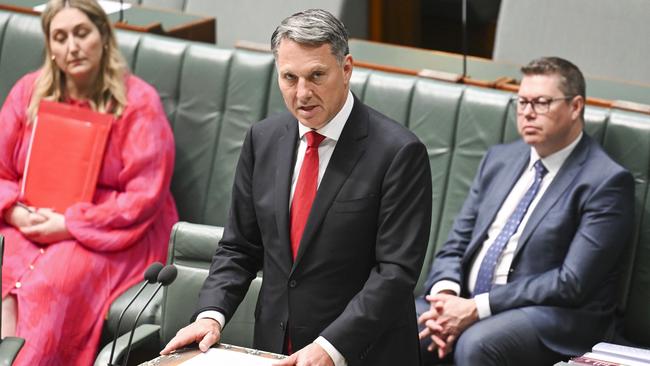
You can now listen to The Australian's articles. Give us your feedback.
Senior commanders have been let off the hook for war crimes on their watch in Afghanistan, the Coalition and senior defence figures have warned, after Richard Marles stripped medals from fewer than 10 current and former officers for failing to prevent murders by their subordinates.
Veterans groups lashed the revocation of distinguished service awards from commanders who were mid-ranking offers at the time of the crimes, with the SAS Association accusing the Defence Minister of betraying those who risked their lives for their country.
But opposition defence spokesman Andrew Hastie – a former SAS captain who served in Afghanistan – said the punishment didn’t go far enough and higher commanders should have been held to account for the crimes identified in the 2020 Brereton report.
“I believe that our troops were let down by a lack of moral courage that went up the chain of command all the way to Canberra – including in this house,” he said in an emotional address to parliament. “From Tarin Kowt to Kabul to Kandahar to Dubai to Canberra. Those in the chain of command should have asked more questions.”
Mr Hastie, who once reported a soldier under his command for severing the hand of a dead Taliban fighter, said earlier intervention by the nation’s military and political leaders might have prevented many of the war crimes.
He was backed by retired major general Fergus McLachlan – a former armoured regiment chief – who said many veterans would be disappointed that more senior ADF leaders escaped without penalty.
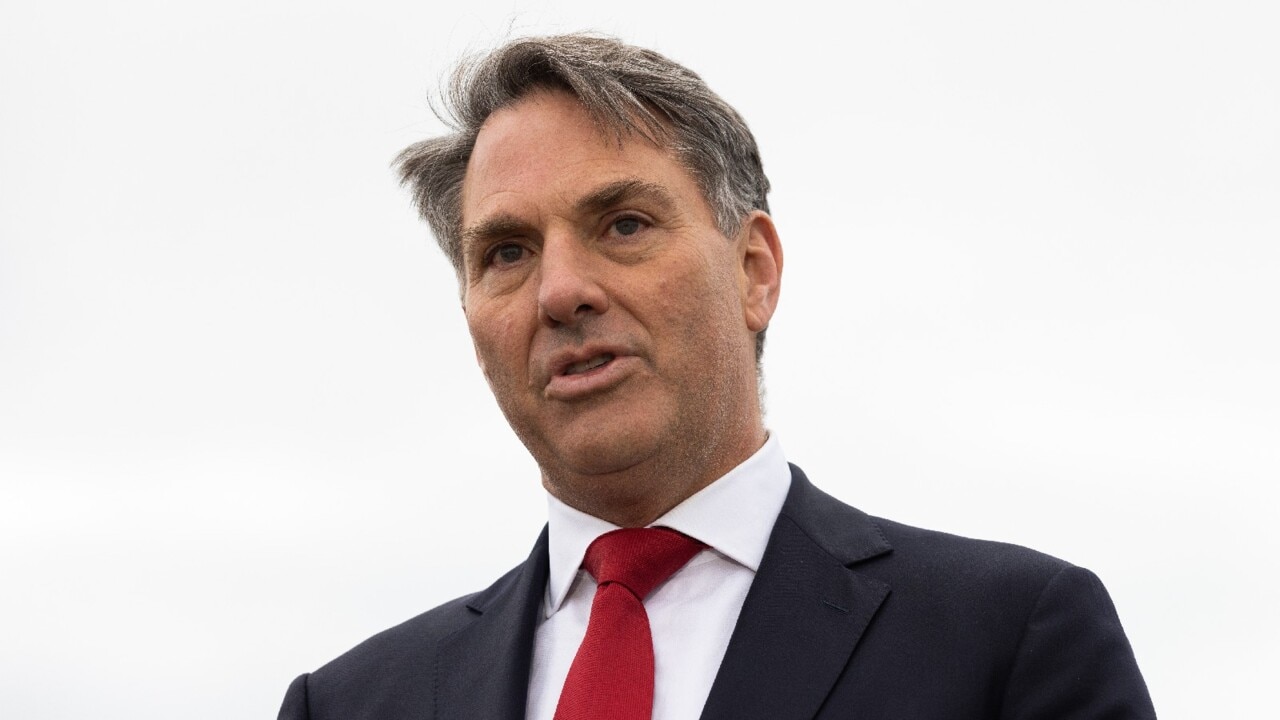
Former defence chief Angus Campbell will retain his Distinguished Service Cross, despite serving as Australia’s joint task force commander in the Middle East in 2011, when some of the war crimes are believed to have occurred.
General McLachlan said: “To me, the unresolved question is why did the minister choose to cap it (at mid-ranking officers), and not at the JTF commander level? I don’t think veterans will be satisfied with this result”. He said General Campbell “should have surrendered his (Distinguished Service Cross) on the first day, when he released the Brereton report”.
Mr Marles “closed off” the government’s official response to the Brereton war crimes inquiry in a statement to parliament on Thursday, stripping medals from between six and nine serving and former officers for war crimes by those under their command.
He refused to name those who faced the penalty, citing privacy laws, but they are believed to include former lieutenant colonels and majors who commanded special operations task groups and SAS deployments.
Up to five more faced losing their medals in advice prepared for Mr Marles by General Campbell, but avoided the penalty.
Mr Marles defended the small number of commanders held accountable for the dozens of murders revealed in the Brereton report, saying he had followed the inquiry’s findings “to the letter”.
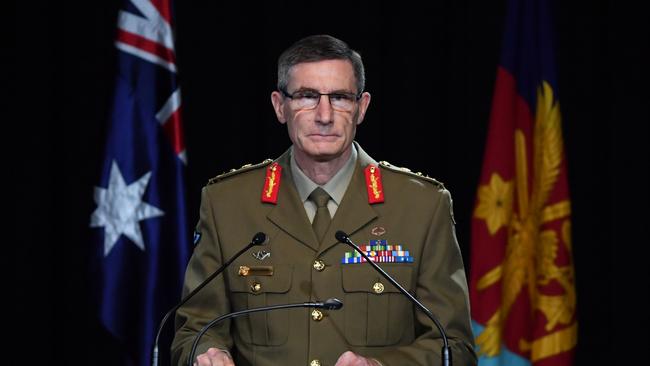
The Australian Special Air Service Association condemned the move as the action of a “woke minister unfit to continue serving in the Defence portfolio”.
“Minister Marles has spat at the feet of the 20,000 young men and women who fought terrorism in Afghanistan. The message this sends is disgraceful,” ASASA national chairman Martin Hamilton-Smith said. RSL national president Greg Melick also blasted the decision, saying natural justice demanded that Afghanistan commanders should retain their medals until all legal proceedings flowing from the Brereton inquiry were completed.
But Mr Marles said the work by successive governments to ensure accountability for the crimes identified by Justice Brereton was “profoundly important” and internationally significant.
He said the saga “will always be a matter of national shame”, and reforming the culture of the nation’s special forces was an ongoing task.
“These were findings of the most serious, disturbing and consequential nature. They warranted the most serious, considered and thorough response,” he said.
“That we have held ourselves accountable in this moment allows Australia to continue to cherish this service – past and future.”
Chief of Army Lieutenant General Simon Stuart said the “long shadow of Afghanistan” would continue to shape the service for years to come.
“From mission command to command accountability – we need to understand what worked, what didn’t and how we can add steel to our professional foundations to prevent them from fracturing in the crucible of combat,” he told an international military conference in Melbourne.
In his report for the Inspector General of the ADF, Justice Paul Brereton said he had uncovered credible information that 25 SAS personnel unlawfully killed 39 Afghan civilians and prisoners.
Justice Brereton, who has since been appointed by the Albanese government to head the National Anti-Corruption Commission, blamed the war crimes on a clique of non-commissioned officers who fostered a perverted warrior culture within the SAS.
He said special forces commanders bore a “moral command responsibility and accountability for what happened under their command and control”. But he said accountability did not extend to higher commanders, including joint task force commanders.
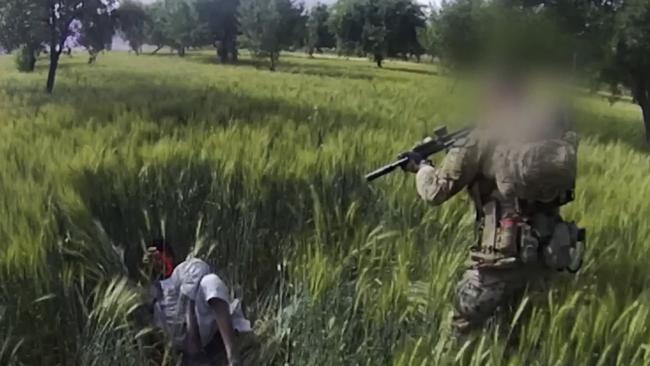
The finalisation of the government’s response comes nearly four years after General Campbell released the Brereton report, which itself took four years to complete.
Tasmanian senator Jacqui Lambie, a former army corporal, said the timing was “insensitive” and a “kick in the guts” for those who had served. “I am terribly worried about the mental health of our veterans out there because I can assure you from somebody that has worn that uniform, when it comes to the Commandos and our SAS, they are very highly respected,” she said.
If you are a current or former ADF member or a relative in need of support, contact the Defence All-Hours Support Line on 1800 628 036 or Open Arms on 1800 011 046.



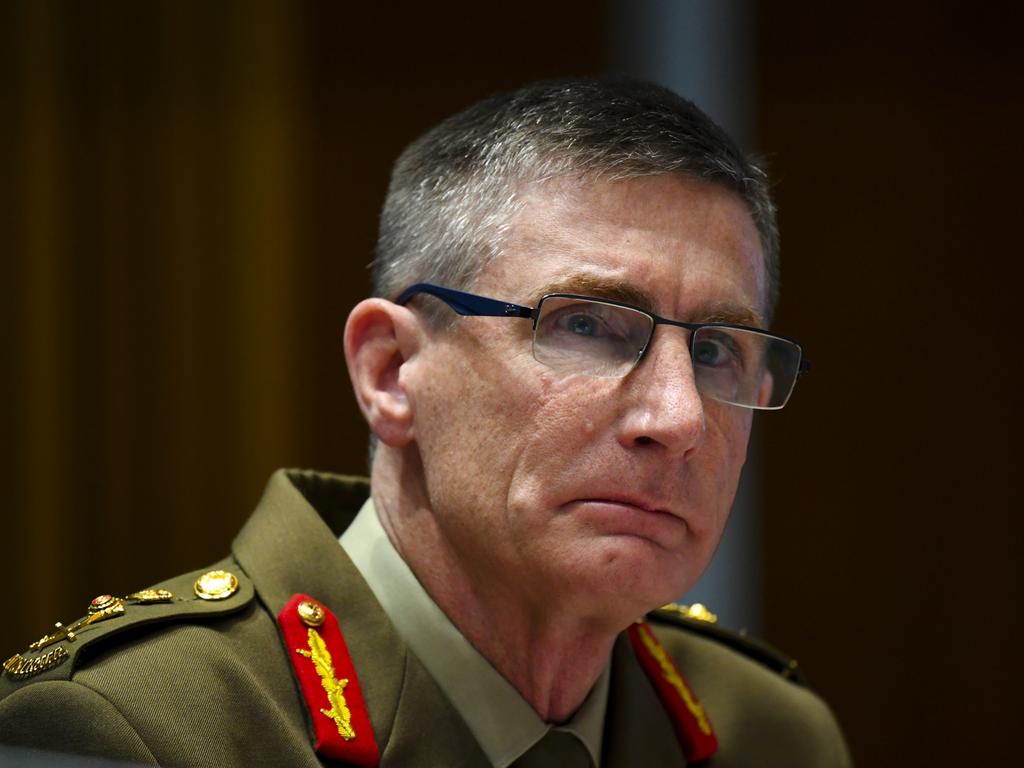
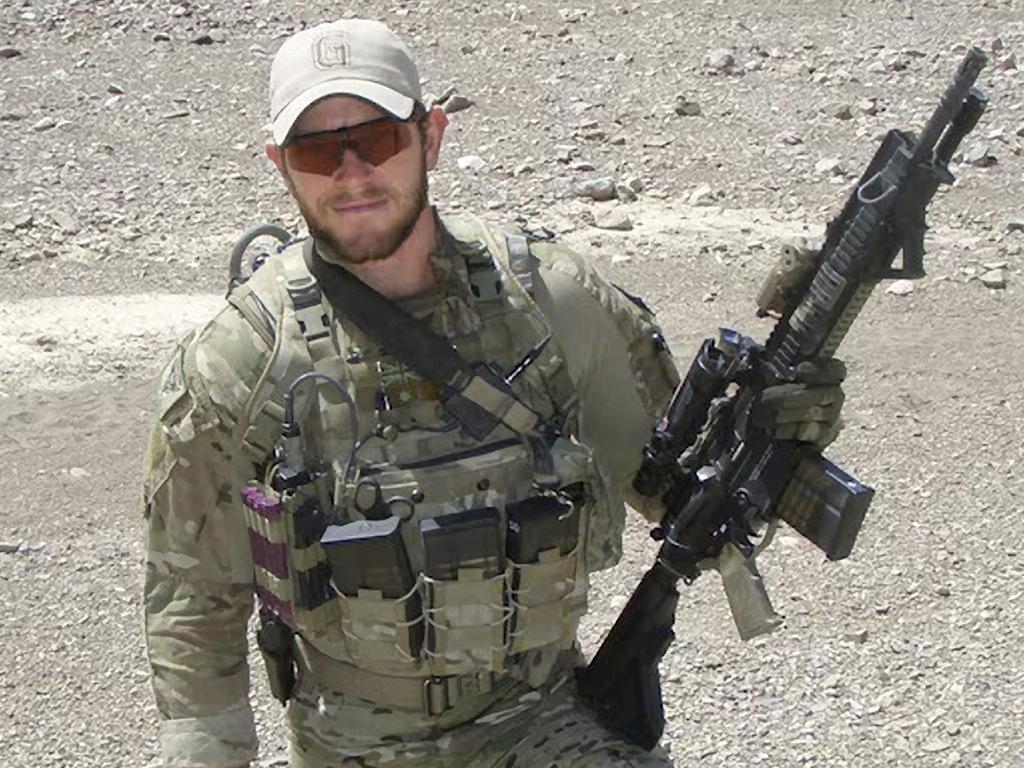


To join the conversation, please log in. Don't have an account? Register
Join the conversation, you are commenting as Logout